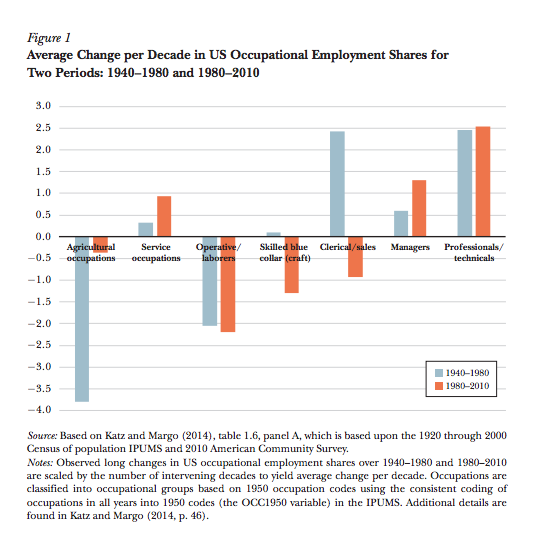Robert Reich has posted another excellent video, this one entitled "Trump and the Media." In it he outlines how Trump is using power, the law and public opinion to undermine the media and consolidate his own power. Many of my friends and colleagues have responded to this thoughtful analysis with a big "So what?!" They point out that the media has always been biased, that it's never been truly independent, that it's all owned by a couple of corporations and none of them can be trusted. So what's the big deal?
This is fallacious reasoning for three reasons. First, no matter how bad the media gets, it doesn't make it any more or less important for our communities, our society and our Republic. And second, just because they are biased, not independent and privately owned, does not mean that they MUST be undeserving of our trust. And finally, by generalizing and giving up, we may actually be making matters worse for the few remaining journalists, editors and publishers out there who are still fulfilling their public mission. Cynicism about the media is not the same as skepticism.
This is fallacious reasoning for three reasons. First, no matter how bad the media gets, it doesn't make it any more or less important for our communities, our society and our Republic. And second, just because they are biased, not independent and privately owned, does not mean that they MUST be undeserving of our trust. And finally, by generalizing and giving up, we may actually be making matters worse for the few remaining journalists, editors and publishers out there who are still fulfilling their public mission. Cynicism about the media is not the same as skepticism.
